Re-defining Experience in this Modern World of Madness
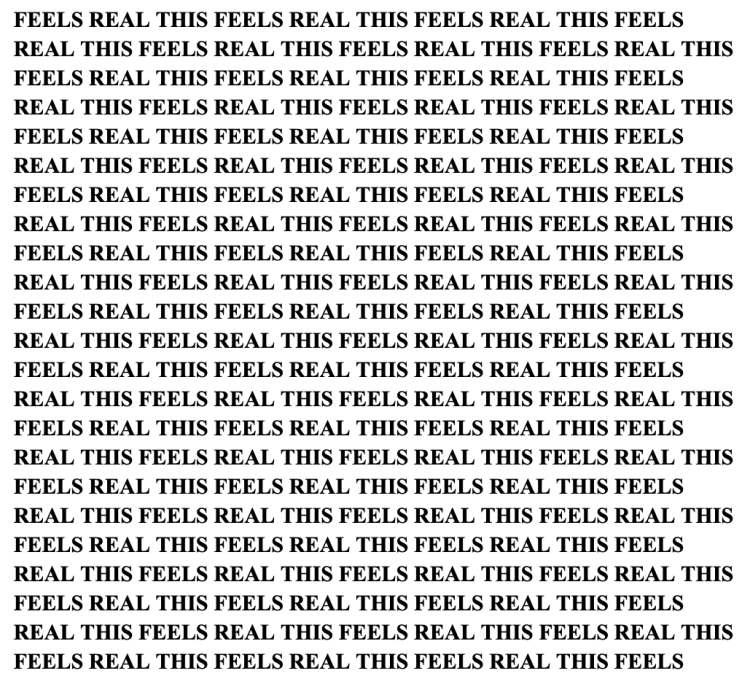
It is something and yet it is not something-the world is nothing and the world is everything. Such is the dual, tireless cry of all true artists, the cry that keeps them standing, eyes wide open, and that, from time to time, awakens in everyone, deep within the heart of this sleepy world, the insistent yet fleeting image of a reality that we recognize without having ever experienced it.
- from, Create Dangerously: the Power and Responsibility of the Artist, by Albert Camus
I get up every morning at 4:25 AM Pacific Time and lay in bed for five fleeting minutes between sleeping and waking, waiting for my second alarm to roost me out of bed. This is not a Joe Rogan ad for taking life by the horns or whatever, so relax. That feeling, that experience of returning from the land of my dreams and, in a way, an ego-less non-existence, is a strange one that cannot - as far as I’m aware - be replicated. We do it a little (as far as one is willing to go down this rabbit hole) in our waking life but, that’s another essay. Let’s stay focused.
Fully awake now, I am immediately reminded of my body, my aches, pains, and faults: my tweaked shoulder from years of baseball as a kid, my tennis elbow lifting weights and golf (again, I’m getting old), and various other sectors of my body that surely should not be as damaged as they are. Now I know why the saying “I’ve been listening to my body lately” makes sense, I think. Out of bed, followed by a piss and a shower, my mind is activated, fixed more in a state of routine to get myself to my computer and perform the necessary tasks of the job to get the product out in time. My brain knows what to do because I’ve trained it to do so over the last two-plus years. I am an engine and this little life of mine, a car driving, driving, driving for the good of this country’s road I cannot get off of. I am, like most, a simple result of my actions, shaping me, for better or worse, into the semi-capable person I am today for the tasks I have to complete to ensure I get paid to survive another day. But, there is something I have been noticing more and more, something that cannot be ignored, and that is how much more the tasks I do to make the pay to survive another day relies on the digital. It’s like the scene in The Matrix where Neo touches the mirror which soon comes to represent the idea of "worlds within worlds," an allusion to the Matrix as a simulated reality within the real world. The mirror, before just a reflection of the lie of the reality Neo had lived in his whole life, suddenly becomes - after taking the red pill - transformed to reflect the change in Neo's perception as he begins to see the Matrix for what it truly is. Or, in other words, I am starting to become more aware of the effects of transitioning from a physical experience to a digital one.

Everyone in the world, in some way or another, is engaged, reliant, or tapped into something electronic or digital. From group chats for work or pleasure on your iPhone, Telegram, Discord, or Slack to Facetime with relatives who could be living across the world, to social media, dating apps, video games, and stock market trading, we as a society have plugged into an ethernet cord into our body and minds for the sake of everything the promise of tech pitched to us years ago. It can’t. Human progress, in whichever direction those with the power and policy’s choose to go, will happen but it’s up to us to decide how it does. If you don’t believe me, look up when Apple was invented and try not to see the irony as you read this on the latest iPhone. Or, take for example, storage. The original iPhone offered storage options of 4GB or 8GB, while the iPhone 16 Pro Max offers up to 2TB. For reference (and don’t kill me if my math is wrong) but 2TB is 24,900% more than 8GB.
Aldous Huxley once said, Technological progress has merely provided us with more efficient means for going backward. What did he mean by that? Isn’t the future going forward linearly in the context of time? Herbert Marcuse said, The more technological the environment, the more totalitarian, which is eerily accurate considering the recent news of Europe pushing their digital euro and the controversial Digital Services Act, which promotes “safer online environments” but could end up being the death of the free, decentralized internet. If the digital Euro doesn’t scare you, don’t forget about the Federal Reserve’s FedNOW or a Chinese surveillance firm selling cameras with skin color analytics. Last, I should mention AI, with one player in particular that has been pushing it more so than others is none other than an ongoing villain in my life, META’s Mark Zuckerberg.
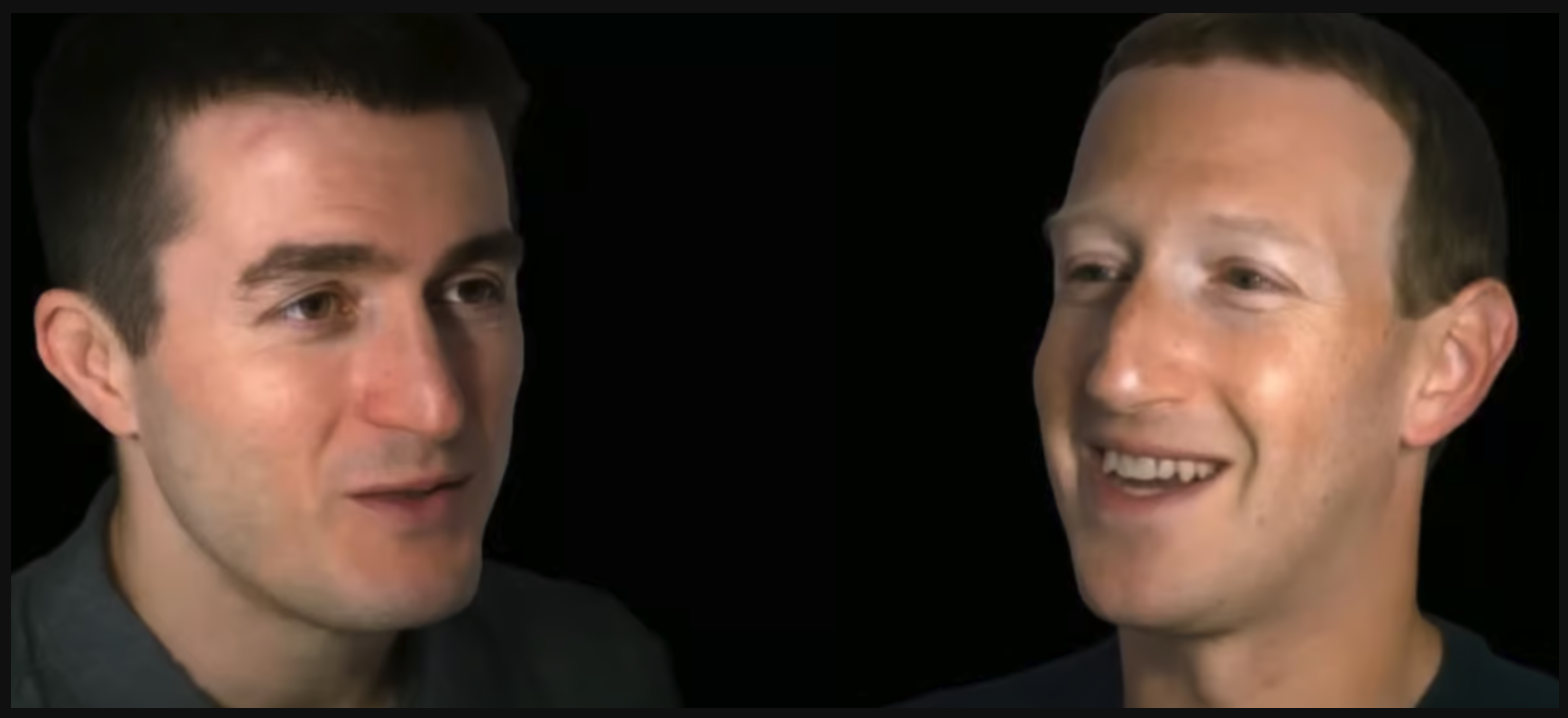
The podcast episode featuring Mark Zuckerberg and Lex Fridman examines the Metaverse, a virtual reality space where people can interact with each other as photorealistic avatars. They discuss the technology behind the avatars, the potential applications of the Metaverse, and the challenges that need to be overcome to make it more accessible to people. They also discuss the upcoming release of Quest Three, a mixed-reality device allowing users to overlay digital expressions on the physical world. This aligns with what NFTs were trying to market themselves as until they all went to zero (mine included).
I could make this entire essay about my issues with Zuckerberg leading the Metaverse into existence, so I prefer to focus on three things Lex and Mark said during this interview that brought me pause. See the sections of the transcript below.

Almost poetic, Lex is astonished and euphoric when he sees Mark's face alongside his. His mind appears unable to comprehend what’s going on, whereas instead of his brain going through all of the emotions of joy, gratitude, etc. if Lex saw Mark in person, there would be the excitement of something new sprinkled on top. “It’s you, it’s really you, but you’re not here with me” was such a simple but profound statement that I still don’t know how it makes me feel.
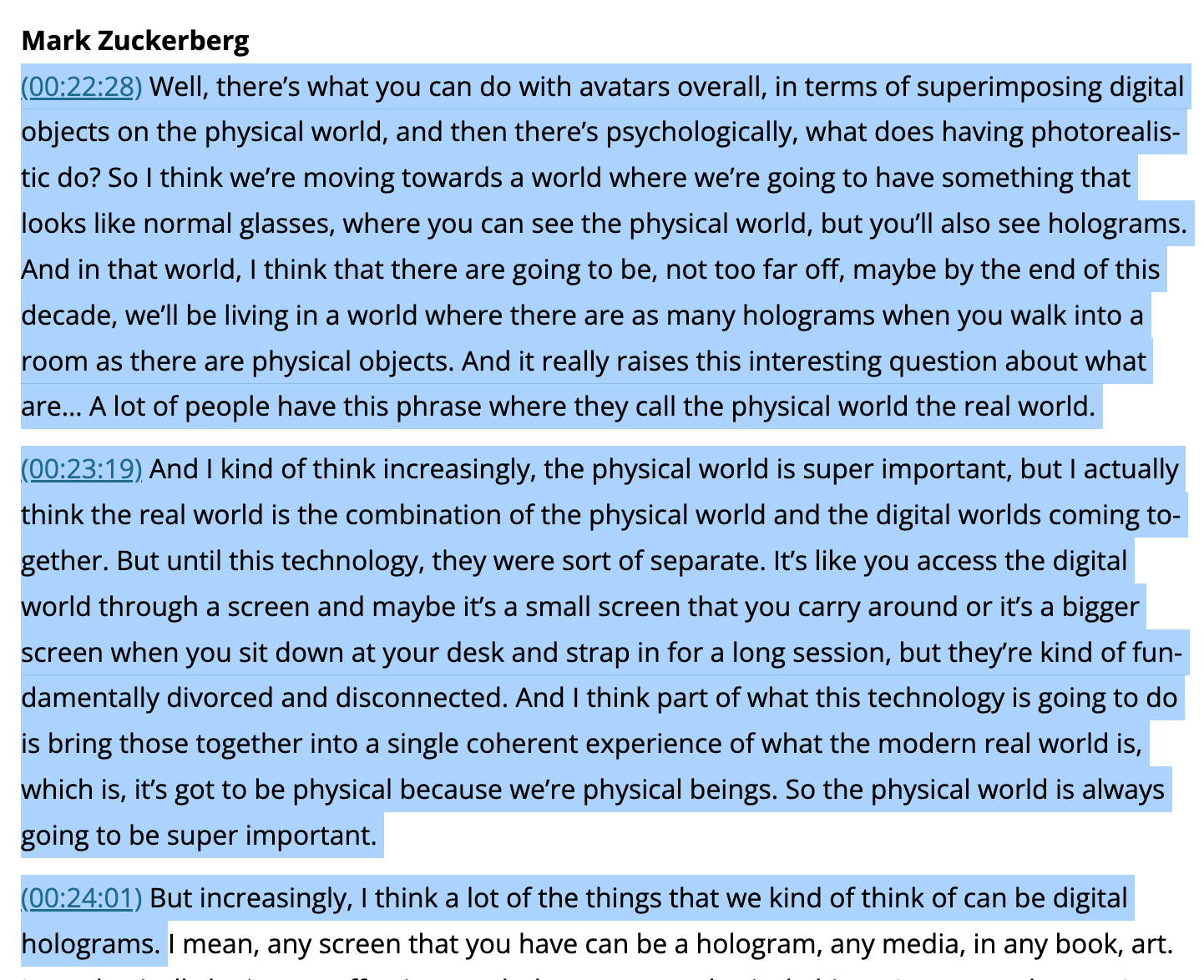
The largest takeaway here is “whatever we seek in friendship, it seems to be present there in the same kind of realism I’m seeing right now.” I remember stopping whatever I was doing and thinking, this is how it starts. Just as we saw in our culture the death of letters for email, ridding our house of stationary phones and even wristwatches for cell phones, so may we see the eventual swap for a physically real “high-quality experience of friendship” for one in these metaverse realities. I don’t need to bombard you with data and metrics showing how the Zoomers and younger are already fully integrated with social media and technology from the likes of smartphones, iPads, Twitch, etc., so upon hearing the line, “I can see myself sticking with this for a long time” is not necessarily a question of if, but when and even if we can be? As someone who was there for the early days of MySpace and Facebook, society was not ready for social media at all and today we appear to be truly suffering the consequences in many more ways than one.
Most in tune with the anxiety of technological advancements threatening not only our way of life but our “essence” is the philosopher Martin Heidegger, who said, “The threat to man does not come in the first instance from the potentially lethal machines and apparatus of technology. The actual threat has afflicted man in his essence.” In so many ways, we have been here before.
What will be lost if/when this new world comes to pass regarding a person’s definition of a physically “lived” experience and one “lived” in the metaverse? How will society value or judge them based on the experiences they act upon in the metaverse versus those in the real world? What does love look like? What does hate? The most ironic aspect of these questions, similar to Elon Musk and his obsession with trekking a voyage to Mars, is that we haven’t been able to answer or solve these questions as a country or as a unified global people. Yet, we are already barreling ahead and building another world to venture into.
Is this because we are running away from the problem, or is this, similar to when Facebook was first pitched to the world, a way to connect us further to discover that we, sorry for the cliché, are more alike than not?
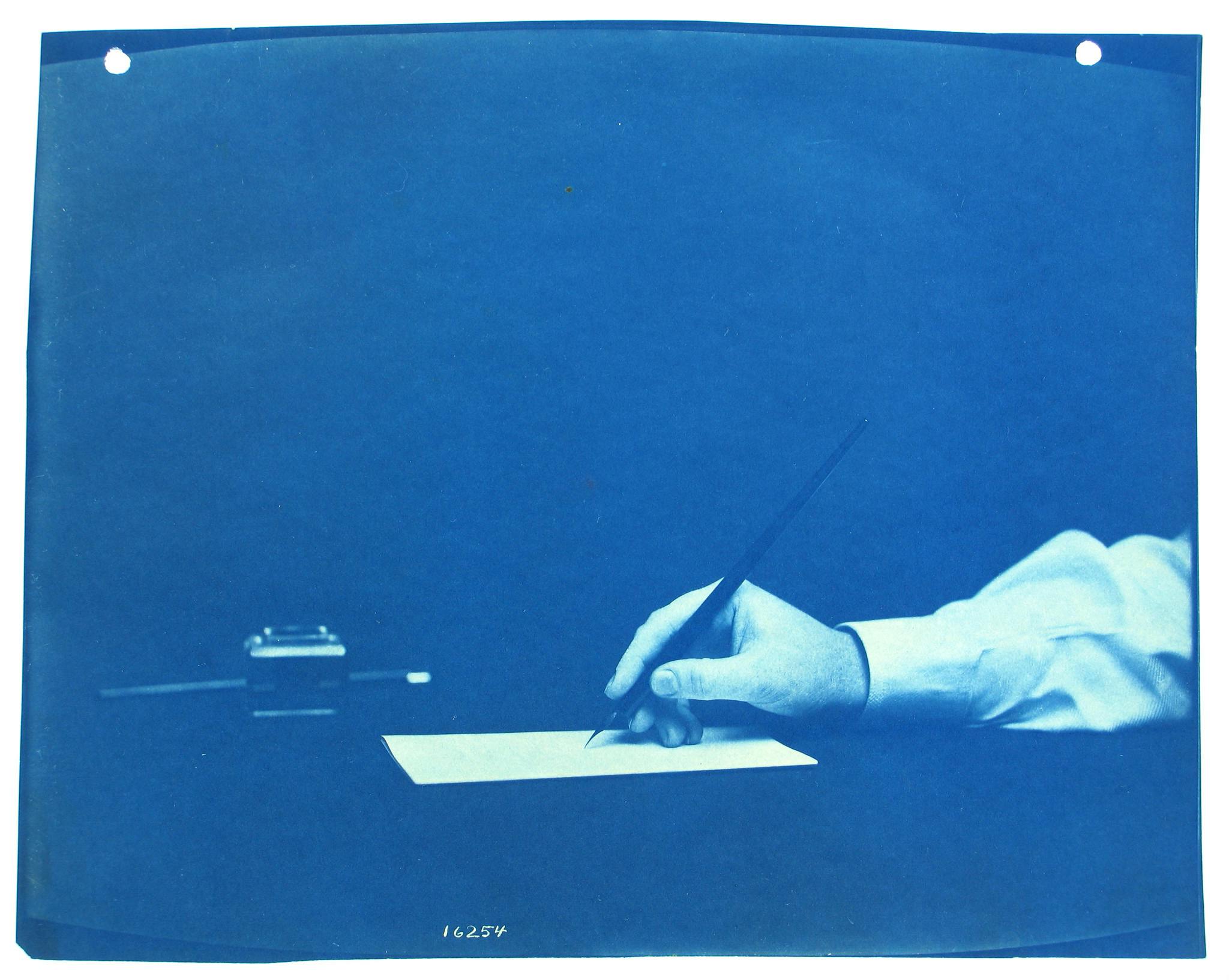
Socrates believed in the significance of embodied experiences. He was known for his method of questioning, a deeply interactive and physical endeavor often conducted in public places, implying a preference for face-to-face interaction over abstract or detached learning modes. The Socratic method, emphasizing dialogue and questioning, also stresses the importance of real-world interpersonal interactions. Socrates understood knowledge was rooted in experience, gathered through our real-world human senses interacting with the physical world. The transition to digital spaces will alter this fundamental way of learning and, more importantly, knowing by shifting the source of experiences from the tangible to the virtual, which are being constructed, line by line, with likely patented code by present-day tech Gods like Meta, Google, and others to keep you on their product through their sneaky and subtle tricks, games, and maneuvers.
That’s the point of these platforms at the end of the day: to help you curate a digital ego that, given the economic value of them received from the market over time, the necessary social value and necessity of them is then created, locking you in to play the game by their rules in their world that they designed.
These platforms, whether they started off with good intentions or not, were always going to end up in a public square to gate control, monitor, and, yes, eventually sell that data to third parties to sell you things, only those “things” will be digital. We are seeing it pushed even further now with Ray-Ban’s Meta AI Glasses and Orion’s AR/VR “Reality” Glasses which are all efforts to literally usurp your phone from your hand and place it neatly directly in front of your eyes. Zuckerberg’s full interview breaking down this hope here. As Rust Cohle said in True Detective, Time is a flat circle. Everything we have done or will do, we will do over and over and over again—forever. This is Nietzsche's doctrine of eternal recurrence and, applying this philosophical angle on Zuckerberg’s obsession with taking us ever further into technology that is becoming ever-more actual reality for the world (albeit a lie), this story, throughout all of time, has been happening just in a different context, and will continue to happen again and again and again to solve…well…what? I’ll admit, this take is deterministic but as you’ve probably gathered in past posts, so much of how we determine anything nowadays as we have become to reliant on the tech that “runs” our lives and keeps us alive, it’s difficult at times not to think that way. Trust me, I would much rather see the world in stochastic systems as randomness, in all its terrifying beauty, is nature and thus wonder which as a human being, always striving for it, produces genuine awe.
Finally, I want to bring up a recent health trend - Ozembic. If you haven’t heard of it, Ozempic works by mimicking a naturally occurring hormone that tells the brain when the body is full, and it also slows digestion by increasing the time it takes for food to leave the body. In short, people take it to trick the mind to keep from eating, basically putting the body into a calorie deficit to shed some pounds. Some long-term side effects of Ozempic include thyroid cancer, pancreatitis, pancreatic cancer, hypoglycemia risks, acute kidney injury, gallbladder events, gastrointestinal disturbances, and cardiovascular effects. Funnily enough, Arnold Schwarzenegger has spoken out against using Ozembic and encourages people to work hard instead.

Schwarzenegger said, To me, it’s all about hard work, and that’s why I say in my book, you know, work your ass off and because there’s no shortcut. He further explained that this country was made up of hard-working people. And so we need to step out of our comfort zones as well. He added, These were ballsy women and men that went out there at five in the morning and got up, and they struggled, fought, and worked their butts off. That’s what made this country great. I only bring up Mr. Schwarzenegger here because, as a country, are we ready or able to step into the metaverse in a few years and start having irreversible experiences that could shape our lives and our children's lives forever? We are still considering what social media is doing to children and adolescents. Yet, we’re ready to strap on a headset to be teleported into an entirely new world with avatars, holographic items, and whatever else Zuckerberg can dream up (and sell) to whoever can buy a headset. Remember, The threat to man does not come in the first instance from the potentially lethal machines and apparatus of technology. The actual threat has afflicted man in his essence. Heidegger warned us, and for someone who lived through a period of significant social and political upheaval, spanning from 1889 to 1976, seeing World War I (1914-1918), the Russian Revolution (1917), the Rise of Nazi Germany (1933-1945), and World War II (1939-1945), I side with listening to him about matters of surviving with essence intact.
My father, a huge Trekkie, tries to quell my anxiety and rants whenever I slip into this topic with him by quoting, “Resistance is futile.” I laugh to keep from crying, but when the tears have subsided, I have to remember that I am a writer, an artist.
I will close with two quotes from Marshall McLuhan, Canadian philosopher, communication theorist, and educator, which I think epitomizes where we are at today, stating,
"Faced with information overload, we have no alternative but pattern-recognition” followed by "Any new technology is an evolutionary and biological mutation opening doors of perception and new spheres of action to mankind."
So You've Decided to Become Isolated & Weird Newsletter is a reader-supported publication. To receive new posts and support my work, consider becoming a free or paid subscriber.
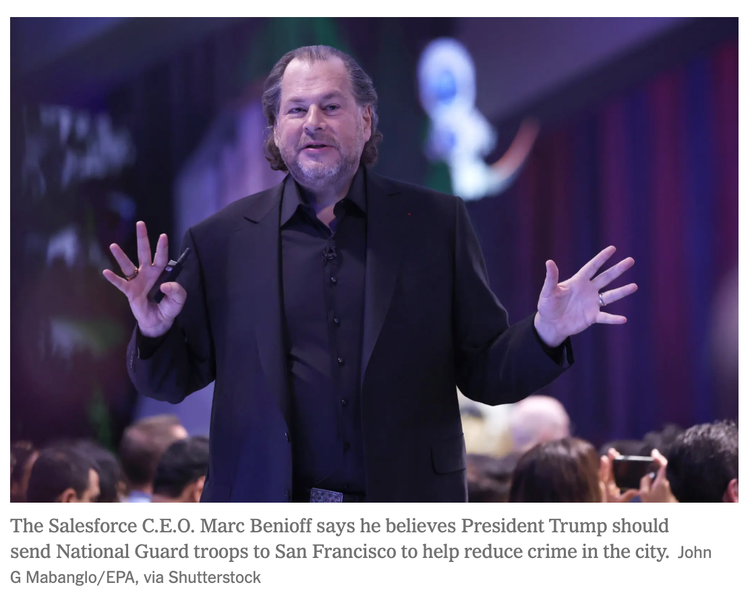




Member discussion